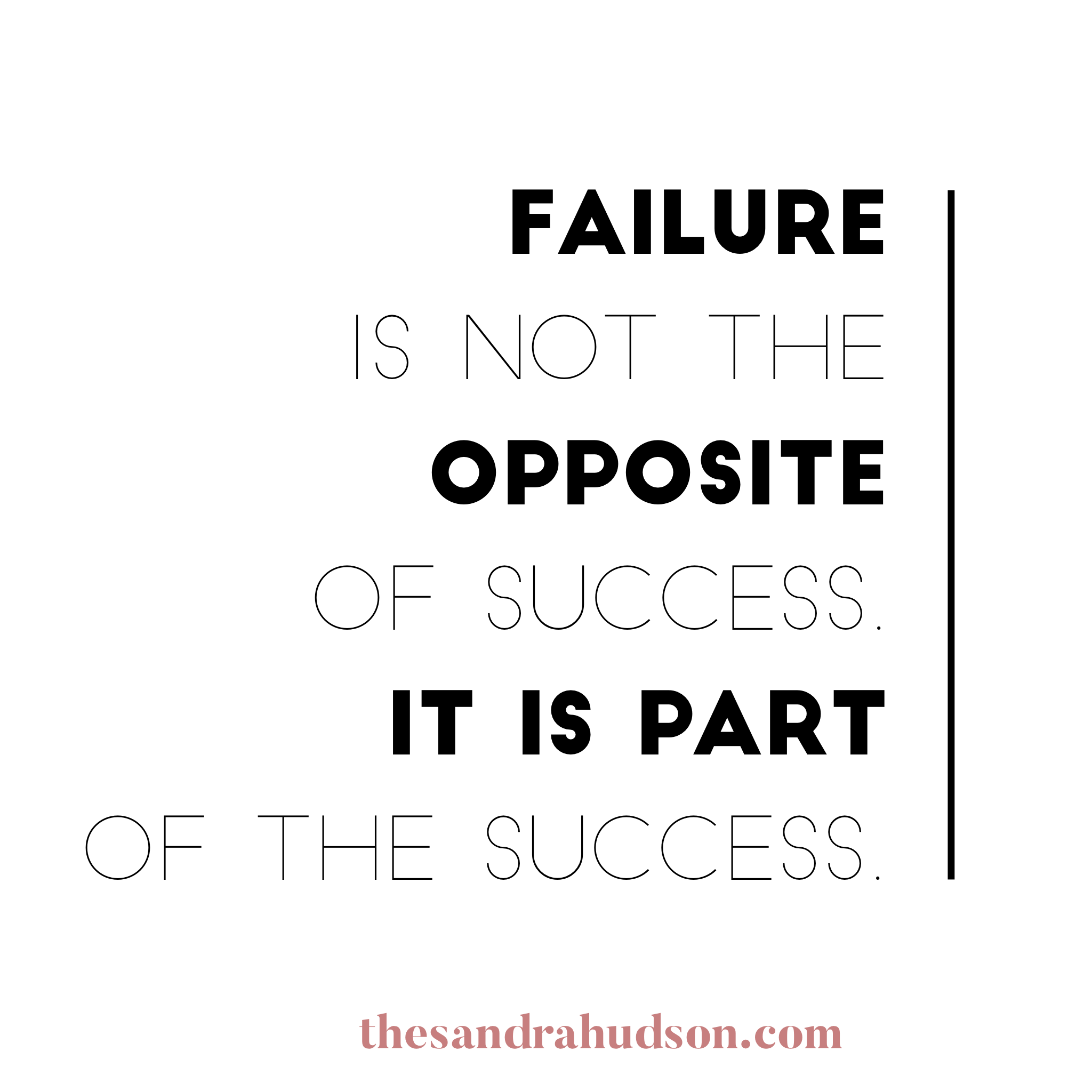
Every parent wants what is best for their children. We work hard to provide necessities and the extras. We want them to have fun at that dance class, participate in travel ball tournaments, or even go on that mission trip. We plan, we save, we hover, we stress, and we protect our kids at all costs. We want to see our kids succeed and thrive. We do not want to see them struggle, hurt or suffer at even the smallest things. I have a confession to make about my parenting style and you may not agree with me here, but……..
I want my children to fail.
Trust me, I want what is best for my kids, but the best is not a free ticket to success. The one life lesson that they will take with them into adulthood is figuring out how to work hard in the process and how to be humble and grateful when you reach success.
Children and Failure
I get it…… letting your kids fail can sound harsh, and it’s scary. But failure teaches valuable life skills in real-life situations. Unfortunately, an unintended side effect of this is that we have raised a generation of children who don’t know what it feels like to truly fail, but they are never given the chance to learn the valuable lessons that come with failing — like brushing themselves off from defeat, then having the perseverance and drive to rise back up again. We start and continue to keep our kids from failing with the best of intentions, but WE don’t want to see them unhappy, WE are afraid of how others will view us as parents if our kids fail, and WE think by rushing in to save the day that we are actually saving the day. We are on their side of disappointment, reassuring them defeat is rarely (if ever) their fault, and that any sort of failure is shameful and disgraceful. This is not what I want to instill in my children.
We, as parents, have perpetuated the notion that failure, in any form, is unacceptable and intolerable. Have you ever wondered why there are so many young adults who are suffering from anxiety, depression, and a complete lack of “how to cope” with real-life when it comes at them? It sounds harsh, but the hardest thing we can do is let them experience real, actual, EPIC failure.
I have been struggling with these thoughts for a while now. In fact, James and I discussed this very topic on our latest podcast episode this week. Check it out here and let me know what you think.
How can we help our children grow through failure?
1. Share Your Failures with Your Children
While your children may constantly rebel against you, they still put you on a pedestal and think more highly about their parents than anyone else. Tell them about how you have failed in your own life. Share with them your struggles at work — and even better, ask them how you should handle the situation. Encourage them to exercise their problem-solving abilities by developing potential solutions to your roadblocks.
2. Allow Opportunities for Failure
Obviously, I don’t mean deliberately imposing catastrophic failures on your children. I simply mean giving them the space to fail. Encourage them to tackle complex problems, try new things, and push their boundaries. Just like introducing germs to a baby can stimulate the immune system and prevent against future infections. Letting your children fail can help them build the resilience they will need as adults. Isn’t that the goal? To grow little people into capable adults?
3. Turn Failure into a Learning Moment
When your children fail, approach their failure — not with disappointment or angst — but with curiosity. Isn’t it interesting how sometimes things work and other times they don’t? Let’s figure out what happened here.
4. Treat Success and Failure the Same
We assume success and failure are binary outcomes, but they are not. The line between the two can be thin, and we sometimes ignore it. Learning moments for children should follow both success and failure. We tend to attribute our children’s success to their genius abilities or good genes, and we simply ignore the fact that luck and privilege play in the process. So, regardless of the outcome, ask, “What went right here? What went wrong? What can you learn from this?”

The sooner we teach our children that true success can only come after being knocked down and getting back up over and over again, the better chance they will have at succeeding when life throws curve balls at them.
From my heart to yours,
Sandra
By the way, this post is pure gold. You should follow these strategies in your own life, as much as you do with your children. Never stop learning!





